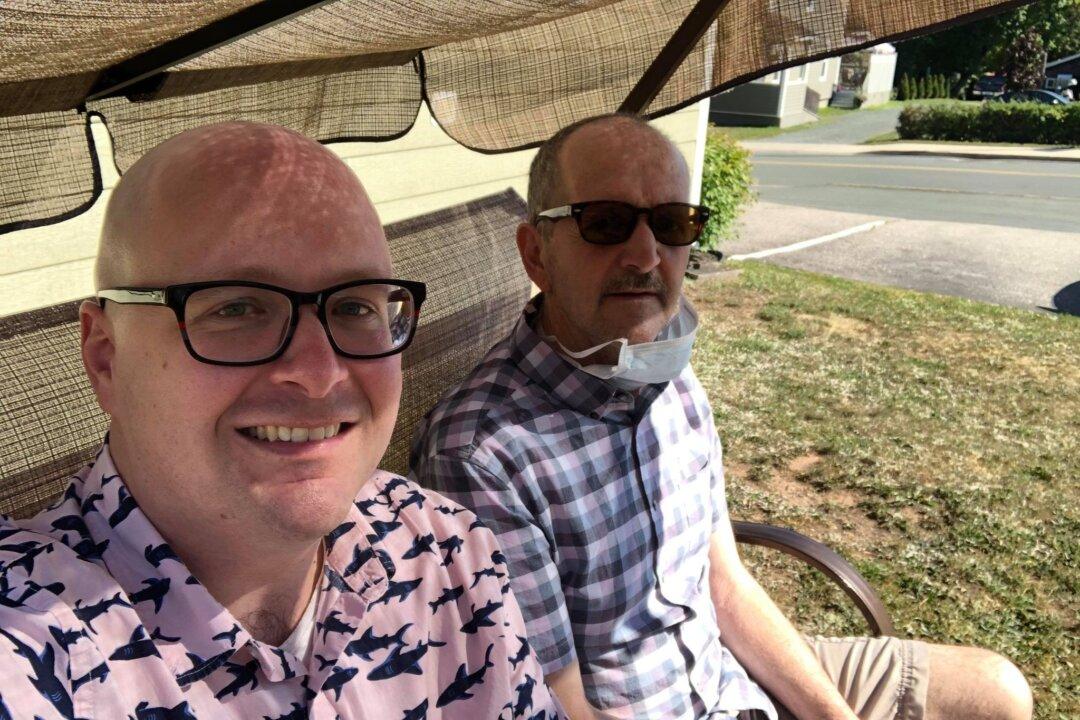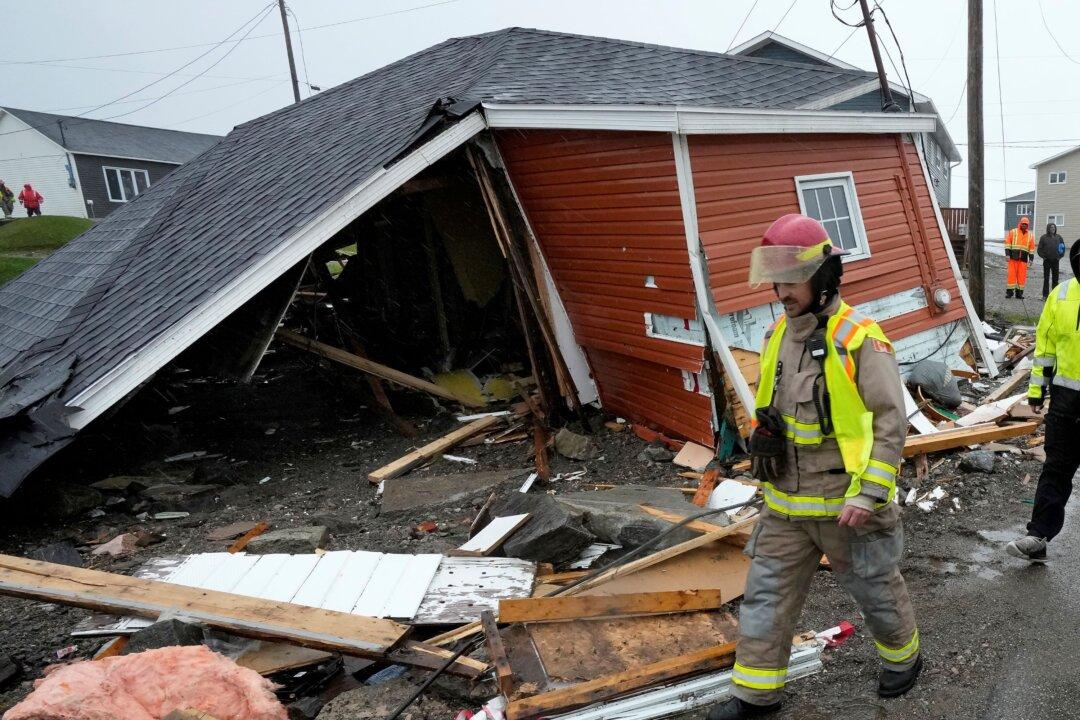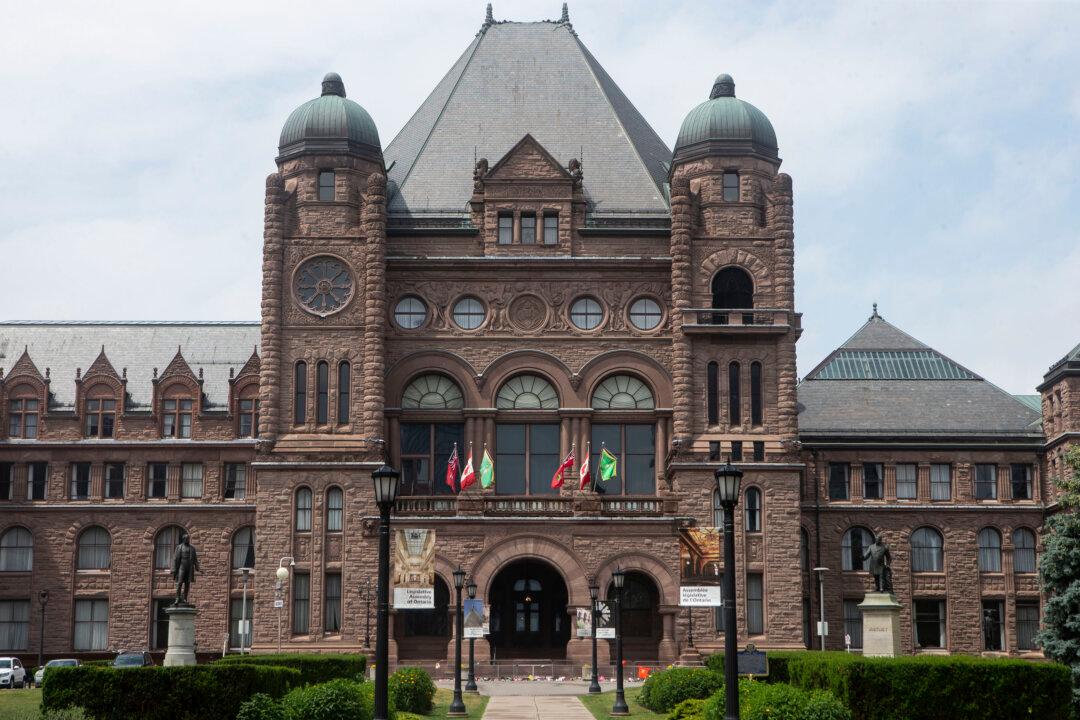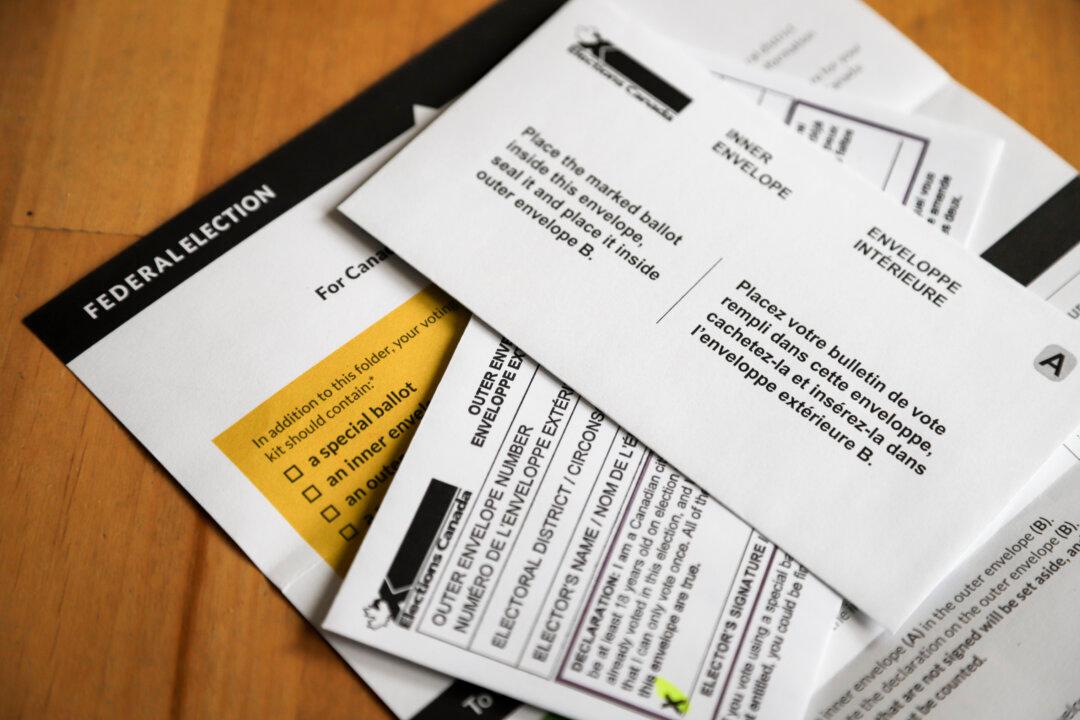BATHURST, New Brunswick—Sufferers of a mysterious brain disease and their families in New Brunswick are complaining that provincial health officials are denying them information about the illness.
“People are dying,” Steve Ellis told The Epoch Times. “My father has been sick for two years, and 18 to 36 months is the lifespan of this disease. I don’t know how much more time my father has left.”





